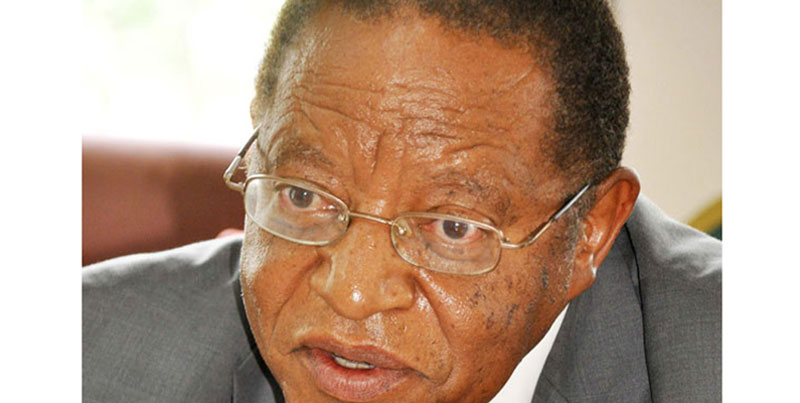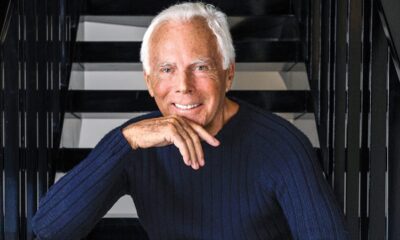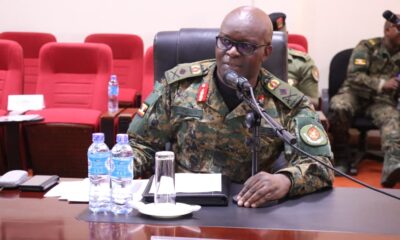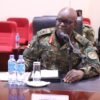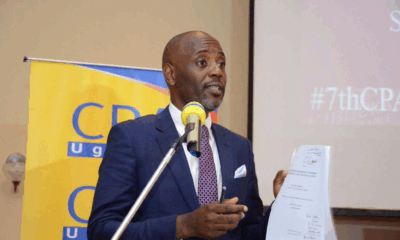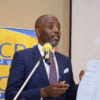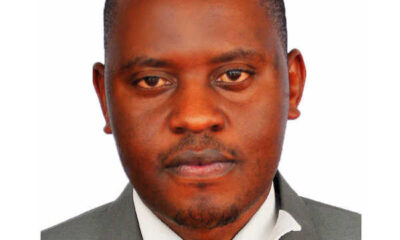News
Scrap free university education – experts tell Government
An overwhelming number of economists believe that government must abandon the current system of offering free education on grounds that it’s too costly yet the economy is unable to absorb them.
Speaking at a public dialogue organised by a Makerere University Visitation Committee in Kampala, a number of highly placed government economists argued that the current system of sponsoring students in public Universities based on the UNEB scoring system is unsustainable.
Led by the Deputy Chairman of the National Planning Authority (NPA) Dr. Abel Rwendeire, the high-level Visitation Committee was appointed last November by President Yoweri Museveni to look into the problems of Makerere University including the endless strikes by staff. The dialogue was part of the ways to obtain views from the public on finding solutions to the challenges of Makerere.
Bank of Uganda’s Deputy Governor Dr. Louis Kasekende lamented that government is wasting scarce resources educating people who cannot find jobs within the economy. He hence called for tightening of entry requirements into public universities to enable only the best students to access higher education.
“Uganda is currently passing out more graduates than can be absorbed in the job market. This is unsustainable, ” Kasekende said faulting the financing model for higher education as both strenuous and unnecessary.
Kasekende was supported by other senior civil economists including former Finance Minister and the current Chancellor of Makerere University Dr. Ezra Suruma. Suruma pointed out that education is not a public good and therefore called on government to be frugal while allocating funds towards financing public universities.
The National Planning Authority (NPA) Executive Director Dr. Joseph Muvawala also echoed Kasekende, warning that if government does not review its relationship with public universities, strikes will not end.
Muvawala attributed the constant changes in the leadership of Makerere to inadequate funds.
“If government does not change this financing model of education, I don’t know how many Ministers of Education we are going to have and I don’t know how many Vice chancellors we are going to have. The point is that there is insufficient funding and in such circumstances, we make the Governors of Higher Education institutions magicians and we blame them.”
Muvawala further warned about running both the sponsorship and the loan scheme in public universities especially in an economy that is already facing a huge public debt.
“Can we afford passing out students with a debt in an economy that cannot support them to get a job within four years of completion of their studies?” Muvawala said citing a situation in Canada where someone’s debt gets canceled in case they fail to get a job four years after leaving the university.
But Kasekende’s critique of government sponsorship scheme did not go down well with majority of serving Makerere University professors who attended the dialogue.
They argue that curtailing the number of graduates in the country is currently uncalled for regardless of the unemployment bottleneck.
“We should not ignore the fact that educating individuals to the level of a graduate is in itself an empowerment leading to job creation. In any case, I would rather be surrounded by one graduate than a thousand illiterates,” said Professor A.B Kasozi, the Deputy Director for Makerere Institute of Social Research (MISR)
Meanwhile Dr. Rwendeire told the press that his Committee’s report will be ready in the second week of June this year.
The Committee comprises Dr. Abel Rwendeire as the chairperson deputized by Lady Justice Keturah Katunguka. Other committee members include former MP Tim Lwanga, Dr Florence Muranga Dr Proscovia Sentamu, Auditor General John Muwanga, and Dr Paul Musasizi, Dr Kisoro and Eng. Lumu.
Comments



